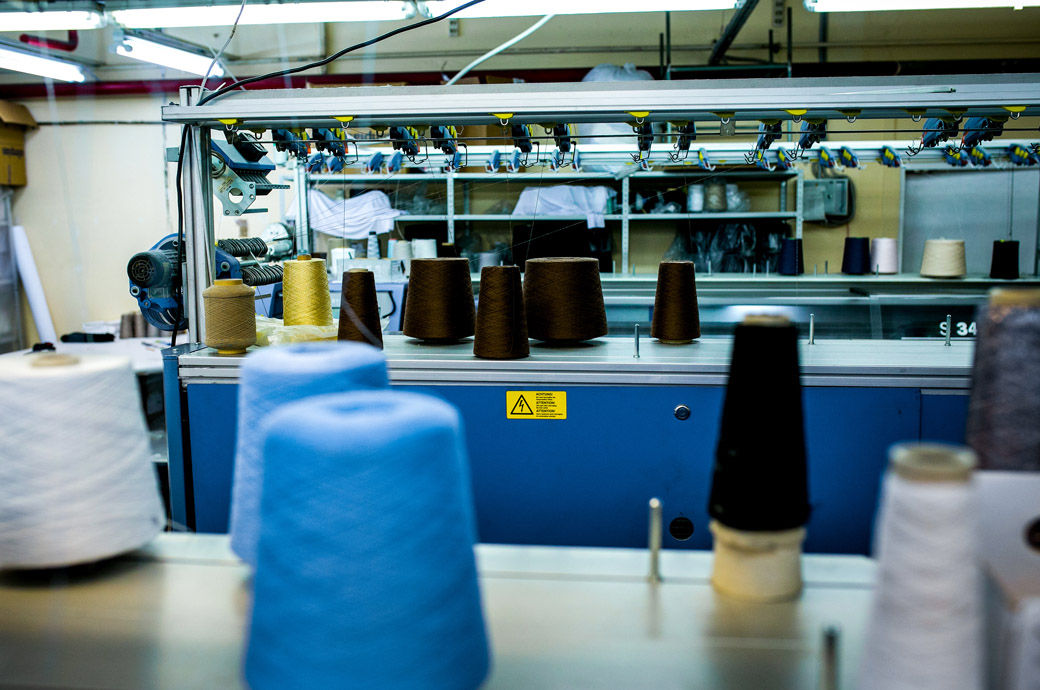
The country needs more garments factories that use locally-made textiles to fulfill orders from the European Union (EU), FOBAP president Robert Young, who is also the trustee for the textile, yarn and fabric sector of the Philippine Exporters Confederation Inc, said.
“Just one will be enough; we have to quickly start something so that these foreign investors will follow suit,” Young said in a statement.
Philippine garments exported to the EU are subject to a 12 per cent or higher duty due to its strict rules of origin, he was cited as saying by Philippine media reports.
The strict EU rules of origin impose a ceiling for value-added inputs sourced from a country that is not a beneficiary under the Generalised Scheme of Preferences (GSP) scheme. The EU prefers that the fabric used in making garments is sourced from domestic firms.
The revival of negotiations by the Philippines for a free trade agreement with the EU will also prescribe the same requirements, he added.
Fibre2Fashion News Desk (DS)